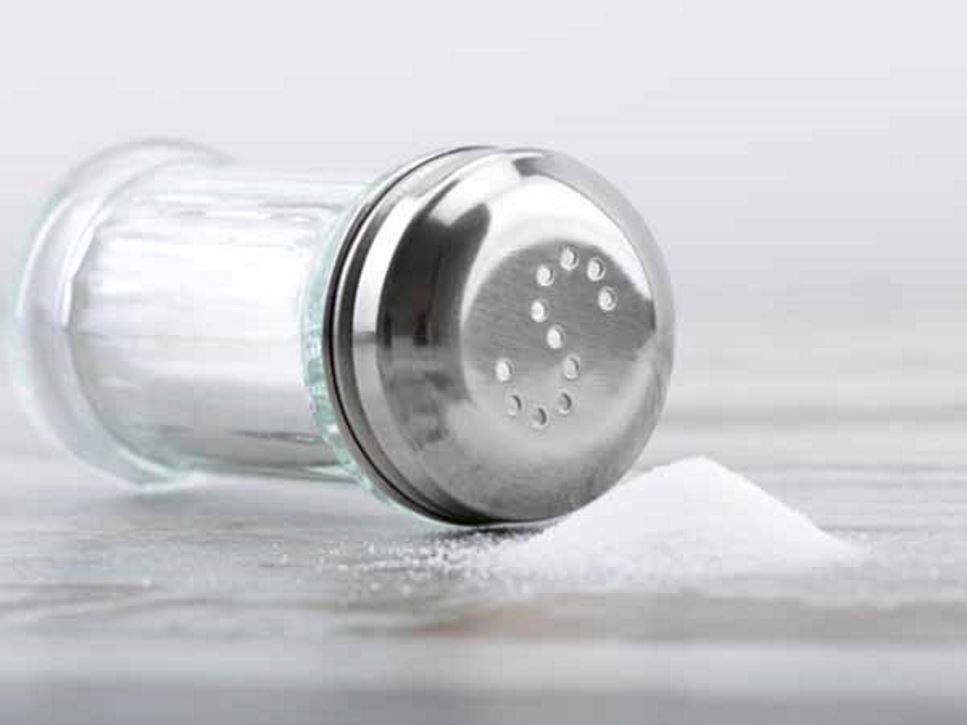An essential mineral, iodine is used by the thyroid gland to make thyroid hormones that control many functions in the body including growth and development. Because your body does not produce iodine, it needs to be supplied by foods and beverages. When iodine intake is poor, the body cannot produce enough thyroid hormones.
Iodine deficiency in pregnancy is a worldwide problem and has become a global public health concern. It is identified as the leading cause of preventable brain damage in newborns and infants due to inadequate intake. Major international efforts are being made to help reduce the problem, mainly through the use of iodized salt and supplements.
Hypothyroidism, thyroid gland enlargement (goiter) and weight gain are other conditions that may result from too little iodine intake. Many pregnant women in the U.S. continue to have insufficient iodine intake, especially those who have low consumption of dairy, seafood and iodized salt.
Iodine and the Brain
Because iodine deficiency is the leading cause of intellectual disability worldwide, we know iodine is critically important for healthy brain development. The most damaging consequences are on fetal and infant development of the brain when deficiency can cause irreversible brain damage that lasts a lifetime. Brain damage, cretinism, intellectual disability and other conditions are additional risks.
It is a crucial nutrient throughout life, but especially during pregnancy, infancy and childhood when thyroid hormones regulate growth in the developing brain. Less severe iodine deficiency manifests as below average IQ in children, including impaired brain function in adults, too. During childhood, iodine deficiency is often associated with goiter and also linked to reduced intellectual and motor performance, as well as an increased risk for ADHD in children.
Iodine Requirements
A teaspoon of iodine is all a person requires in a lifetime, but because iodine cannot be stored for long periods, small amounts are needed regularly. The Institute of Medicine's (IOM) recommended dietary allowances (RDAs) for iodine per day are:
- 1 to 8 years old: 90 micrograms
- 9 to 13 years old: 120 micrograms
- 14 years and older: 150 micrograms
- Pregnant: 220 micrograms
- Lactating: 290 micrograms
Best Sources of Iodine
Iodine fortification is what most countries rely on to encourage adequate dietary intake. In the more than 70 countries that iodize salt, it generally serves as the major source of iodine. One-fourth of a teaspoon of iodized salts has about 100 micrograms of iodine. Note that the salt used in processed foods, which is the major source of salt for most Americans, typically does not contain iodine. If salt used in a processed food contains iodine, it will be listed in the ingredients list of that food. Focus on decreasing the amount of salt consumed from processed foods and get your sodium from iodized salt.
Seaweed, saltwater fish and seafood are natural sources of dietary iodine. Dairy products also supply iodine at varying levels. During lactation, the breast concentrates iodine in milk, so breastmilk tends be a good source of iodine as long as the mother's iodine intake is adequate.
Plants grown in iodine-rich soil also are good sources; however, this is not a reliable source of iodine since there is no way of knowing whether produce purchased in grocery stores is grown in iodine-rich soil.
Iodized salt usually adds less than about 300 micrograms of iodine a day. Most multivitamin mineral supplements contain 150 micrograms of iodine. With the safe upper limit of daily iodine intake for adults set at 1,100 micrograms by the IOM, it is unlikely to reach an excess amount when including a multivitamin and natural sources of iodine in a healthy eating pattern.
The trend of eating less iodized salt, dairy and fortified bread has some experts concerned that iodine deficiency could be on the rise again. Following a healthy, balanced eating plan that includes iodine-rich foods, and iodized salt in place of other types of salt, is key to good health. Prenatal vitamins containing iodine can help meet nutritional needs for pregnant and lactating mothers.
If you suspect you are not getting enough iodine, consult a registered dietitian nutritionist.
References
Find a Nutrition Expert
Looking for credible nutrition information and recommendations? The Academy of Nutrition and Dietetics' network of credentialed food and nutrition practitioners are ready to help!

